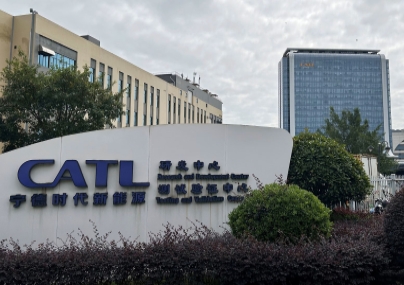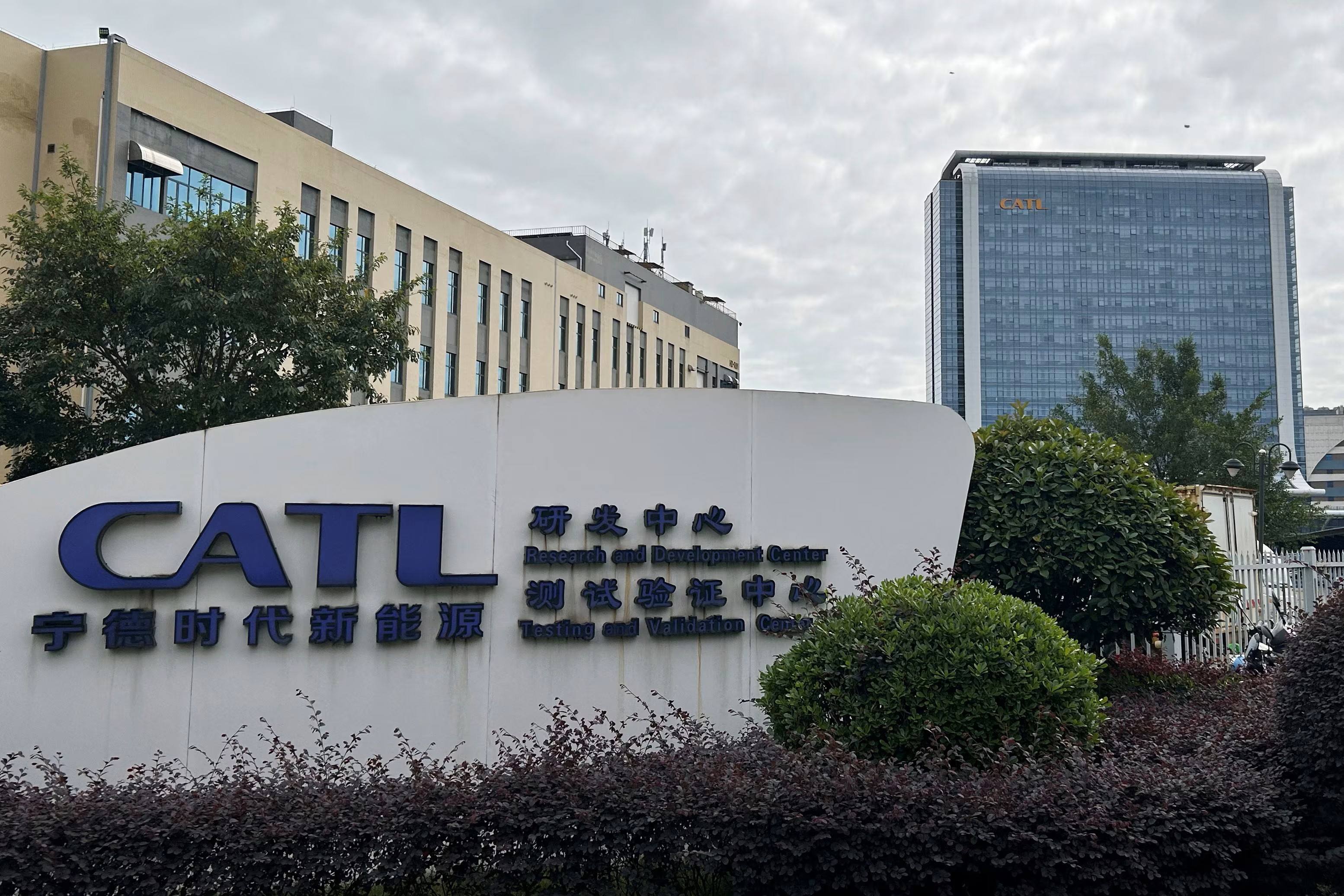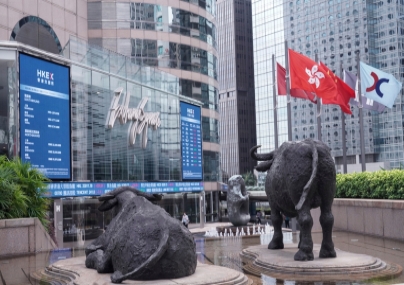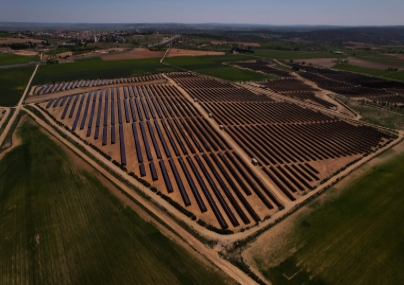Pinsent Masons and Linklaters have landed key advisory roles in a $2 billion joint venture for the development of the Thar Block II coal mine and the construction of two associated 330-megawatt power stations in Sindh, Pakistan – one of the first initiatives to be funded under China’s “One Belt, One Road” (OBOR) programme.
Led by partners David Platt in Singapore and Amanda Yao in Shanghai, Pinsent Masons’ cross-border team is representing China Machinery Engineering Corp. (CMEC) as well as other sponsors of the joint venture, including the Government of Sindh, Karachi-headquartered power company Engro Powergen, Pakistani engineering firm Thal Ltd., independent power producer Hub Power Co., and Habib Bank, Pakistan’s biggest bank.
Headed by Hong Kong-based partner Stuart Salt and Beijing-based partner Xiaohui Ji, Linklaters’ team is serving as counsel to the 13-bank consortium financing the project, which includes state-owned China Development Bank, Industrial and Commercial Bank of China, China Construction Bank. and Habib Bank. The lending group agreed to give funding in U.S. dollar, Pakistani rupee and Islamic sharia-compliant tranches.
The deal is one of major project financing agreements under OBOR’s China-Pakistan Economic Corridor, which covers $46 billion worth of infrastructure projects in Pakistan bankrolled by Chinese investors. It is the first complex overseas investment vehicle for CMEC, which will collaborate with Engro, Habib Bank and Pakistani textile manufacturer Liberty Mills to build the two coal-fired power plants. The project is expected to be commissioned in 2018.



